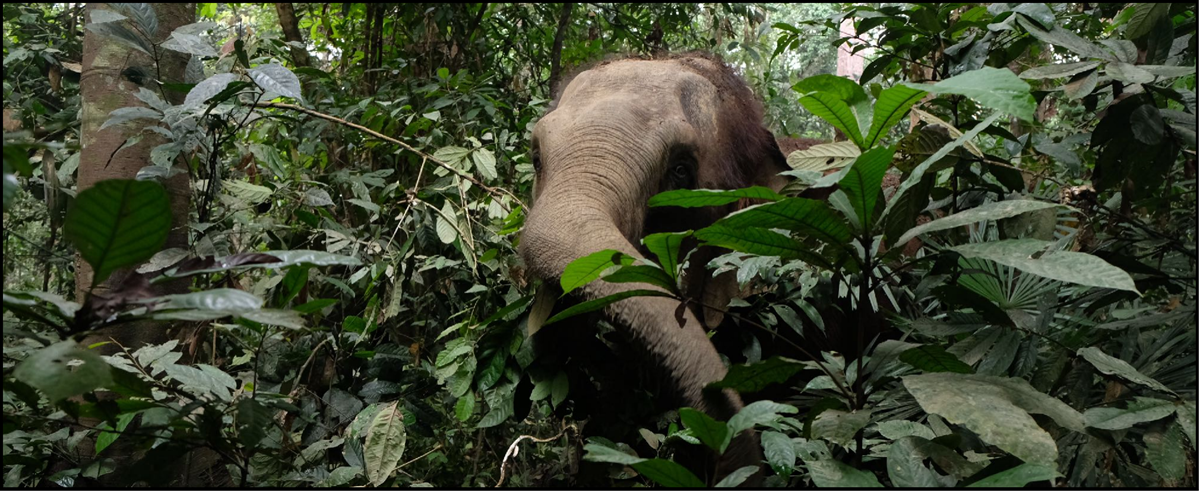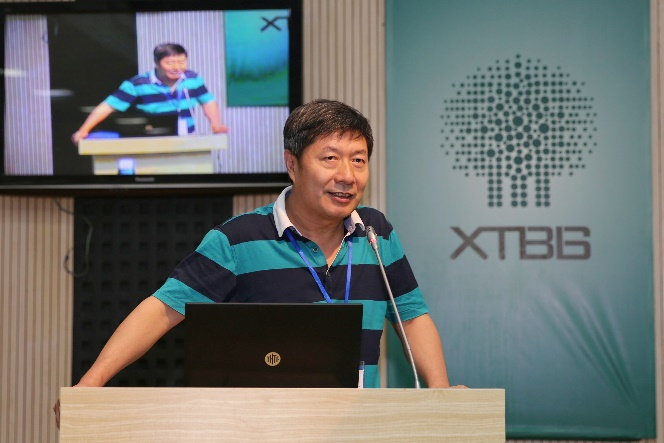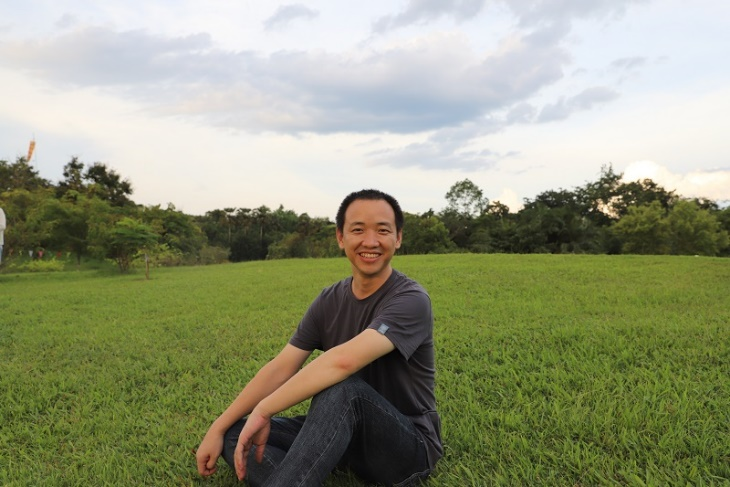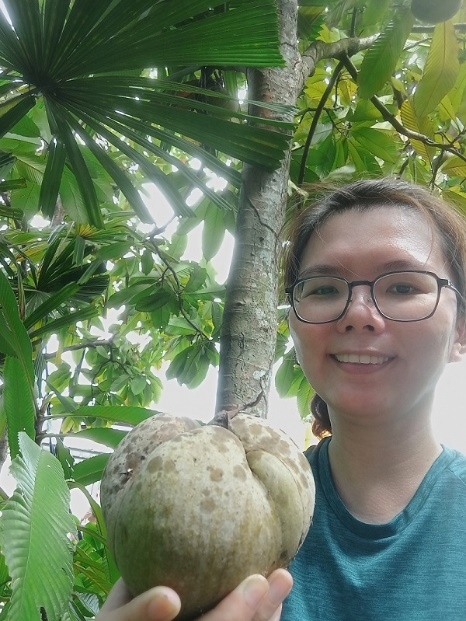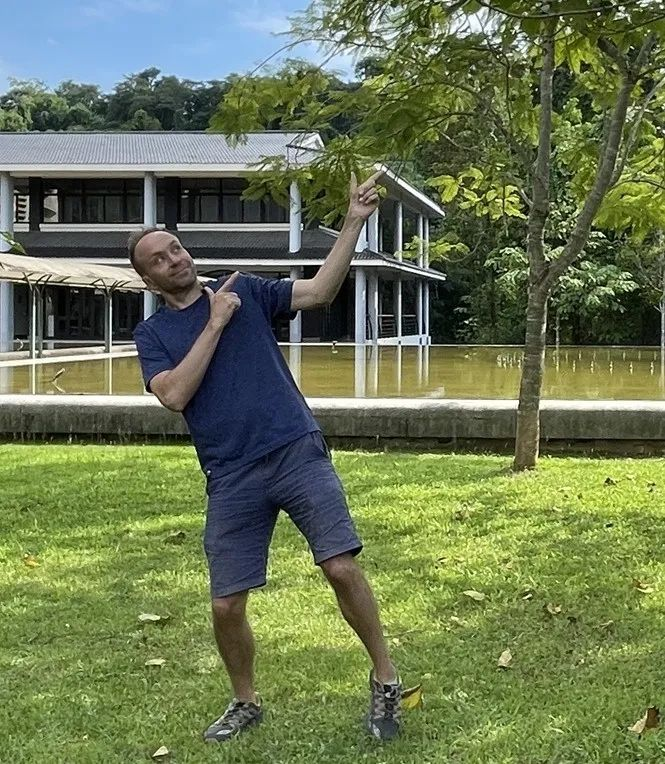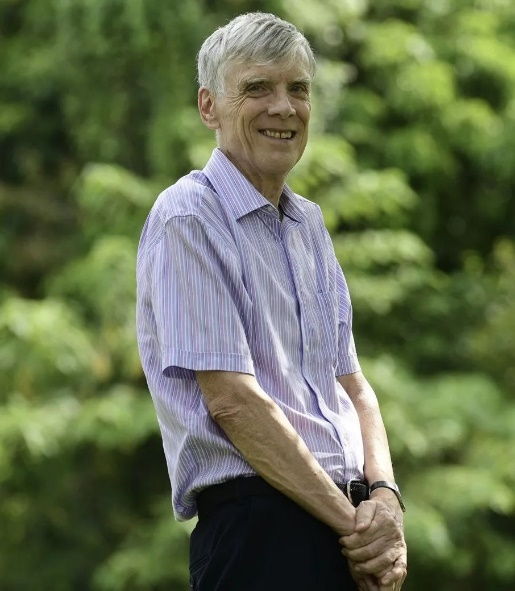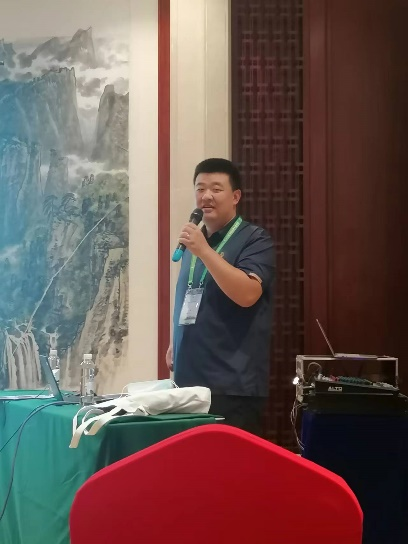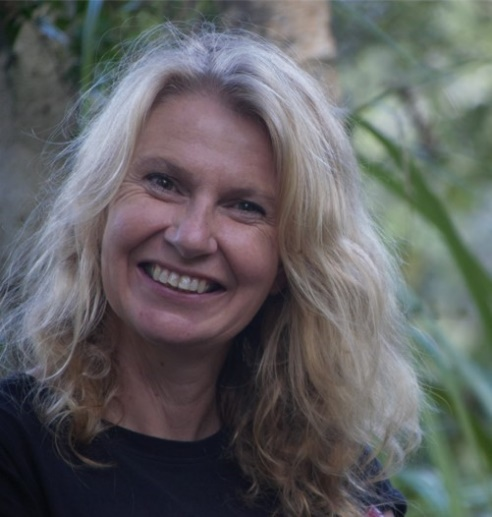| About Us |
| News |
| Announcement |
| Research |
| Conservation & Horticulture |
| Public Education |
| Graduate Study |
| Scientist |
| International Cooperation |
| Resources |
| Annual Reports |
| Publications & Papers |
| Visit XTBG |
| Societies |
| XTBG Seminar |
| Open Positions |
| CAS-SEABRI |
| PFS-Tropical Asia |
| Links |
| Location:Home > International Cooperation > Int’l Cooperation News |
| Nov.19th --Dec.20th, 2022: Advanced Course on Plant-Animal Interactions in the Anthropocene (AC-PAIA 2022) |
|
First announcement of Advanced Course on Plant-Animal Interactions in the Anthropocene (AC-PAIA 2022) The Advanced Course on Plant Animal Interactions in the Anthropocene (AC-PAIA 2022) is an intensive course in academic skills and research methods, intended primarily for early-stage graduate students and young scholars from China and Tropical Asia, providing training in theory and practice, improving research ability and confidence in young scientists, promoting independent and problem-solving thinking, cultivating young talent, fostering a regional network of young scientists, and promoting international cooperation in the field of plant-animal interactions in the context of global environmental change.
The training course is organized and hosted by Xishuangbanna Tropical Botanical Garden (XTBG) and sponsored by the Alliance of International Science Organizations (ANSO). Course structure and contents 1. Theory: frugivory and seed dispersal, pollination, herbivory, plant reproduction biology, plant-animal interactions in the contexts of global environmental change and conservation; including both fundamental concepts as well as frontier advances, delivered by of a dozen of world well-known scientists via on-line lectures. 2. Research techniques: different aspects of study design, data collection, and data analysis, including seed tracking, camera-trapping, animal telemetry, isotope-tracking, functional traits, network analyses, spatial modeling, chemical ecology, among others. 3. Field visit: Bubeng Ecological Station, Xishuangbanna. 4. Independent research project: to be carried out by students in small groups.
Delivery format AC-PAIA 2022 will be run onsite and online, simultaneously. Applicants currently physically in China can apply for onsite or online study, while applicants currently physically in other countries can only apply for online study. Online participants will have access to the first two modules (theory and research techniques) but will not participate in the field visit nor carry out the independent research project. Training language: English.
Target students The course targets at early-stage graduate students and young scholars working on different aspects of plant-animal interactions, main from China and Tropical Asia (although participants from other regions are also welcome). The number of onsite full-time study participants is ~25, and the number of online participants will be capped at 40.
Key training experts
PhD supervisor, researcher of Xishuangbanna Tropical Botanical Garden, Chinese Academy of Sciences (XTBG), executive vice president of Initiative for Collective Conservation in Chinese Botanical Gardens, chief scientist of Environmental Education Center, XTBG, principal investigator of Ecology & Evolution of Plant-Animal Interaction group, XTBG. He was director of XTBG (2005-2021). Main research directions: The ecology and evolution of plant-animal interactions, environmental/science education, and conservation biology, has published more than 100 papers in international peer-reviewed journals such as Cell, Nature Communications, Ecology, Journal of Ecology, and Environmental Education Research, etc..
Professor Ahimsa Campos-Arceiz, PI at the Megafauna Ecology and Conservation Group of XTBG. His research expertise is on the ecology and conservation of large mammals, specifically on understanding their roles in ecosystem processes (e.g., seed dispersal) and promoting human-wildlife coexistence with animals that are prone to conflicts, such as elephants. He is also interested in capacity building and evidence-based approaches to conservation decision-making and practice. He served as a member of the editorial board of international academic journals such as Global Ecology and Conservation, Integrated Zoology, and Current Conservation, and has published over 80 SCI papers.
WANG Gang is Professor and PI of the Xishuangbanna Tropical Botanical Garden, CAS. He got PhD degree in 2013 from XTBG and work there since then. His work continually focuses on understanding how plant-animal coevolution and hybridization facilitating the origination, maintain and future adaptation of biodiversity. Many of his work conducted with the fig-fig wasp system. Part of his work has bene published in such journals as Cell, Nature Communications, Current Biology, Ecology, Proceedings of the Royal Society B-Biological Sciences, Annals of Botany etc. Lisa Ong is a researcher specializing in plant-animal interactions by mammals. Her work is based mainly in the rainforests of Malaysia, where the presence of forest megafauna and intact hyper-diverse flora enabled a good understanding of the tropical forest communities. She had also worked closely with the local indigenous people to gather expert knowledge of frugivory and seed dispersal network interactions, and the mahouts of the elephant sanctuary and wildlife department to understand the herbivory ecology and influence of the Asian elephants. Professor Kyle W. Tomlinson, PI at Community Ecology and Conservation Group of XTBG, working on landscape conservation, forest ecology, savanna ecology, and functional trait diversity,such as understanding plant function and growth in response to disturbances and nature resources, and how it affects species distribution within and across landscapes. He has acted as the associate editor of Journal of Ecology from 2020. Richard Corlett
Richard Corlett was a Professor at XTBG for 9 years and is now an Emeritus Professor living in London. He was a lead author for the Asia chapter of the 2014 IPCC Working Group 2 report and for the 2018 IPBES Asia-Pacific assessment. He has published more than 250 academic papers and several books, including the Ecology of Tropical East Asia (3rd edition, 2019). He was previously chief editor of Global Ecology and Conservation and has also had editorial roles in Biological Conservation, Ecology, and several other international journals.
WANG Bo He got his Ph. D in Ecology in Xishuangbanna Tropical Botanical Garden, and now works in Anhui University as a full professor. He focuses his research on 1) plant-animal interaction, especially seed dispersal and predation by scatter-hoarding rodents; and 2) ecological and evolutionary patterns of seed/fruit traits, such as fruit type, physical and chemical defenses in plant seeds. He has published academic papers in such authoritative journals as Ecology, Oikos, Oecologia, and Ecography, etc.
Rong WANG, professor in School of Ecological and Environmental Sciences, East China Normal University. My core research direction is to study the mechanisms maintaining interspecific interactions. The main achievements include: (1) detecting how human disturbances affect interspecific interactions via altering the top-down regulation in ecosystems; (2) uncovering the ecological mechanisms maintaining the obligate mutualisms between Ficus species and their pollinating wasps by the combination of ecological surveys and molecular markers; and (3) revealing the molecular mechanisms underlying the coadaptation between plants and their pollinating insects. In my study area, I have published 20 research articles where I was listed as the first or the corresponding author. Some key studies have been published in Nature Ecology and Evolution, Trends in Ecology and Evolution, Ecology, Proceedings of the Royal Society B: Biological Sciences, and Molecular Ecology. Moreover, I have been in charge of three national projects and funded by a talent program of China. Kim McConkey Kim McConkey has been conducting research on plant-animal interactions in the tropical rain forests of Asia and the Pacific for more than 20 years. The focus of her research has been on frugivory and seed dispersal interactions on a large range of mammals, including gibbons, bats, porcupines and megafauna, and across Indonesia, Malaysia, Thailand and Tonga. Kim has been involved in research on seed dispersal networks to investigate community-level interactions, seed dispersal effectiveness (SDE) from plant and animal perspectives and has conducted studies on seed predation.
Fees, costs, and scholarships Course fee: the course is free; no fee will be charged. Traveling, meals, and accommodation: onsite participants will bear the full cost of their own traveling to and from XTBG and the partial cost of their meals (RMB 100 per day) and accommodation (RMB Luxurious room: RMB 380 per night; economic room: RMB 320 per night; sharing room with others can significantly reduce the costs), which will be arranged and partially subsidized by XTBG. Scholarships: the course organizer has budget for some scholarships (see the application form for details) to cover food and accommodation. Scholarships will be awarded based on both merit and financial needs and only for full-time onsite participants.
Registration, certificate and credits Registration form: https://www.wjx.top/vm/mjUKtAa.aspx Registration deadline: 15:00 h, October 10, 2022 (UTC+8) Training certificate: we will offer two kinds of study positions which are full-time study and part-time study. You can choose either of them according to your time and interest. (1) Full-time study requires you to participate in the whole process of 3-week study and complete independent project (you will have the chance to get the training certificate). (2) Part-time study does not require you to participate in the whole process. You can choose courses that you are interested in (you will not get a training certificate, but a certificate of attendance).
Contact For more details contact MsYANG Xi Email: yangxi@xtbg.org.cn Tel: (+86) 691-8713331
|
| Appendix Download |
|
|
